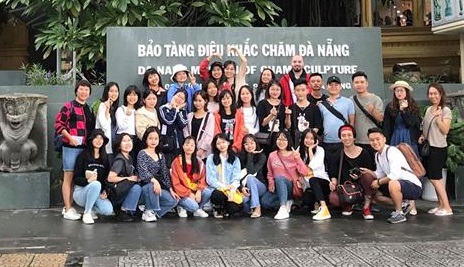
Culture encompasses all human creations and inventions, for the sake of survival and the purpose of life. As the superstructure, culture holds a very special position. Therefore, when speaking of culture, one must speak of its core values and essence. Culture reflects the height and depth of development; it is both the driving force and the goal of development for each community and for the entire nation. At the National Cultural Conference (1946), President Ho Chi Minh affirmed the particularly important role of culture: "Culture illuminates the path for the nation to follow."
In 1956, Hanoi University was established, and the field of Cultural Studies gradually took shape within the interdisciplinary historical research and training structure of the Faculty of History. Many prominent cultural figures such as Professor Tran Duc Thao, Professor Tran Van Giau, Professor Dao Duy Anh, Professor Cao Xuan Huy, Professor Pham Huy Thong, Professor Dinh Xuan Lam, Professor Phan Huy Le, Professor Tran Quoc Vuong, Professor Ha Van Tan… were all direct teachers who taught the pioneering lessons on Cultural Studies and Vietnamese Cultural History to the first generations of students of the Faculty of History.3
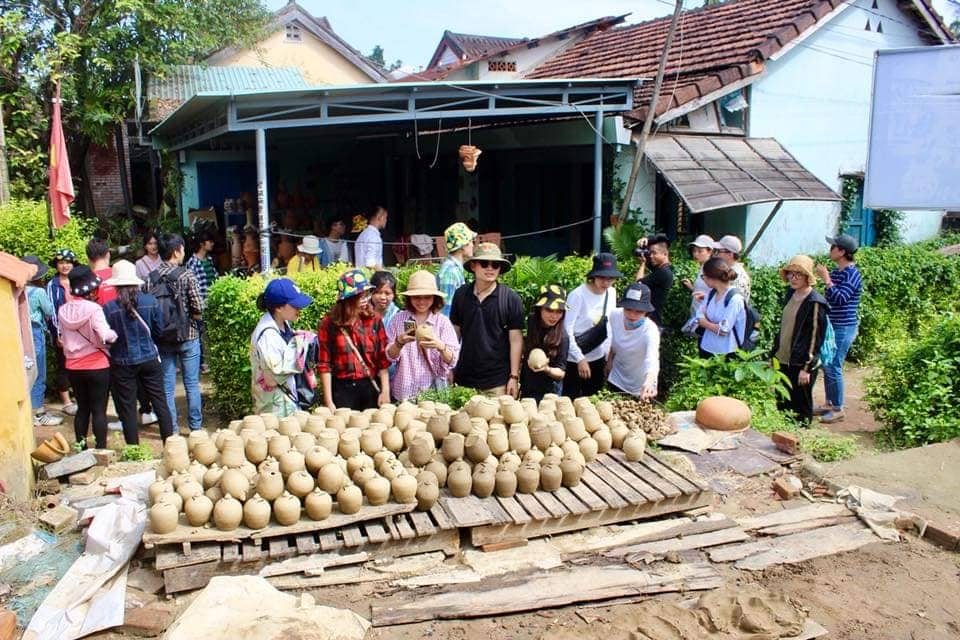
In 1998, after more than 40 years of diligent preparation, the DepartmentVietnamese cultural history(later renamedVietnamese Cultural Studies and Cultural HistoryEstablished with the mission of conducting in-depth research and training in Vietnamese Cultural Studies and Cultural History, the Department has, over more than two decades of development and growth, through domestic research, training, and professional development programs and international cooperation, built a highly reputable team of professionals, including People's Teachers, Excellent Teachers, Senior Lecturers, Principal Lecturers, Professors, Associate Professors, Doctors, and Masters, capable of handling most training content at all levels of study in Cultural Studies.
Cultural studies is an interdisciplinary science, therefore many issues of Vietnamese cultural history such as villages, cuisine, education, urban areas, gender and family, lineage, etc., have been proactively researched and promoted by the Department at the University of Social Sciences and Humanities. A series of publications by full-time staff and part-time experts of the Department are of high professional quality and have a wide-ranging influence, such as:Following the trail of ancient cultures(Ho Chi Minh Prize);Vietnamese History and Culture: A Partial Approach(Ho Chi Minh Prize);On a land of thousand-year-old culture;Vietnam: A Geocultural Perspective;Vietnamese Culture - Exploration and Reflection(Ho Chi Minh Prize);Returning to our roots(State Award);Vietnamese Villages: Some Socio-Economic Issues(State Award);The foundation of Vietnamese culture; Vietnamese history and culture from an innovative perspective; Traditional Vietnamese cultural values;Rural and Urban Vietnam: History, Current Situation, and Trends of Transformation;Some issues concerning Vietnamese villages; Vietnamese villages are pluralistic and dense.;A traditional Vietnamese village in the Northern Delta; The central area of Thang Long Imperial Citadel: Documents and perceptions; The Southern region; Nam Dinh Gazetteer; Dong Anh Gazetteer; Co Loa Gazetteer; Sa Huynh, Lam Ap, Champa from the 5th century BC to the 5th century AD; Sustainable development of Hanoi Capital; Education in Thang Long - Hanoi: Process, historical experience and development orientation; Preservation and promotion of historical and cultural heritage values for tourism development.Furthermore, the Department of Cultural Studies leverages the strengths of a large university, with many professors from other long-standing disciplines such as Philosophy, Literature, and Linguistics, as well as inviting leading experts in Cultural Studies from research institutions such as the Vietnam National Institute of Culture and Arts, the Institute of Cultural Studies, etc., to participate in the training program. In recent years, the number of students choosing the majors in Cultural Studies and Vietnamese Cultural History has increased significantly due to the attractiveness of the training program content, its practical application, and job opportunities.
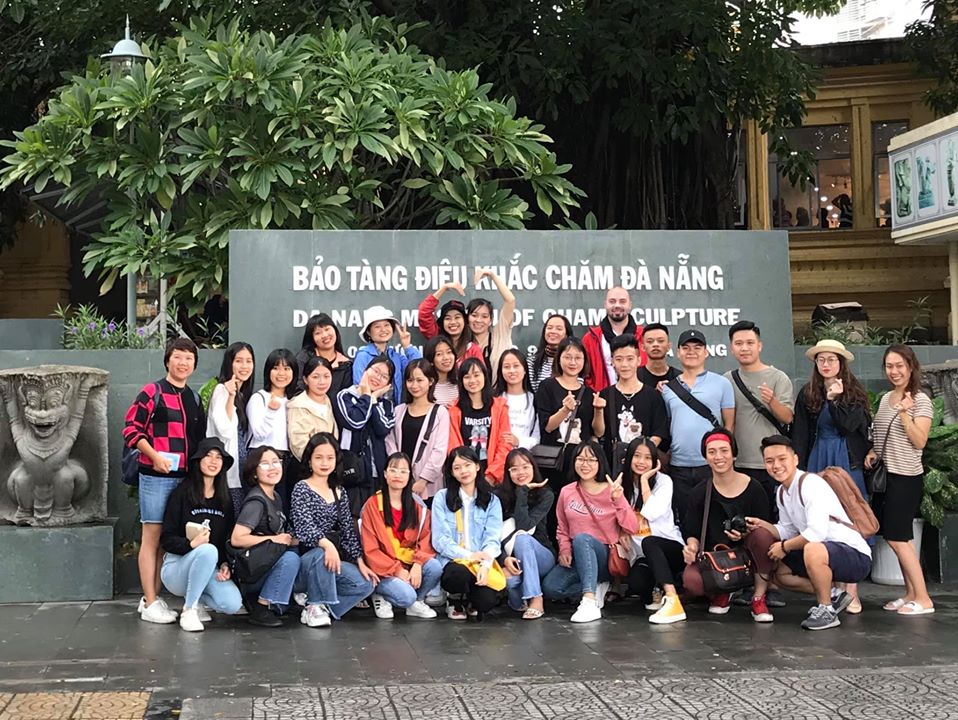
Based on the achievements and experience accumulated, the Department of Vietnamese Cultural Studies and Cultural History has developed a training program, established a network of cooperation with research institutes and organizations in the same field, and exchanged many lecturers and researchers domestically and internationally, aiming to approach international standards and meet the needs of recruiting agencies in Vietnam. The Cultural Studies program at the University of Social Sciences and Humanities defines cultural education based on the strengths of basic science but with high applicability, in line with the development trends of the economy, culture, and society domestically and internationally. This is the 7th institution in the country to officially award a Bachelor of Cultural Studies degree.
Compared to many other institutions offering cultural studies programs, the Bachelor of Cultural Studies program at the University of Social Sciences and Humanities has several advantages in promoting the value of basic science, harmoniously and effectively combining it with applied sciences to meet the needs of real life. Students will learn theories and research methods in culture, applying them to research, analyze, and interpret cultural elements (cuisine, clothing, housing, customs, religion, festivals, etc.) as well as cultural issues in contemporary society (cultural contact and integration, heritage and heritage management, cultural industry, gender and sexuality issues, etc.). Accordingly, learners will understand the origins and nature of cultural values; perceive and evaluate the transformation of cultural values throughout history, thereby suggesting messages:Culture doesn't distinguish between high and low; it's about differences and respecting those differences.
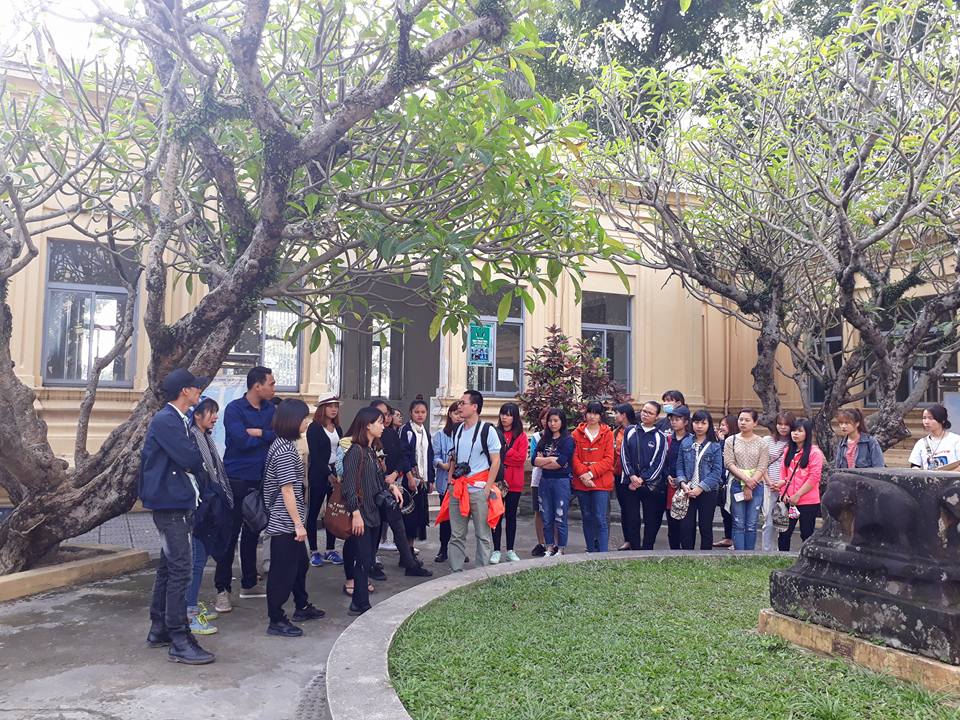
Thanks to the extensive collaborative relationships between the University, Faculty, and Departments, the learning of students majoring in Cultural Studies will not be confined to the classroom but will be "open," linking with many units, practicing at historical and cultural sites, museum systems from the central to local levels, or cultural and tourism companies, international organizations working on culture, cultural establishments, and typical cultural spaces.
Students will study specialized subjects in English, creating opportunities for them to exchange and learn about this field of study abroad in the future. 90% of the faculty members hold postgraduate degrees, having received their training in various countries. The faculty has established partnerships with many prestigious universities and regularly invites leading researchers for guest lectures or collaborative research. These international relationships will help students become familiar with an academic environment that meets international standards. Students interested in traditional cultural values can choose specialized courses in Sino-Vietnamese studies, where they will learn about different types of texts and visit historical sites to access and process Sino-Vietnamese documents such as inscriptions, legends, royal decrees, and village regulations. These courses are taught directly by leading experts in Sino-Vietnamese studies at the University of Social Sciences and Humanities. This is a distinct and specialized training direction pursued by the field of Cultural Studies in an effort to preserve, disseminate, and maintain the values of traditional culture.
The school and the History Department also continuously update the curriculum and specialized journals to ensure the most relevant and convenient training. Besides the "hard" theoretical content, lecturers will continuously update and incorporate discussions on cultural issues in the world and Vietnam into the training program, such as cultural globalization, the cultural industry, cultural identity, etc.
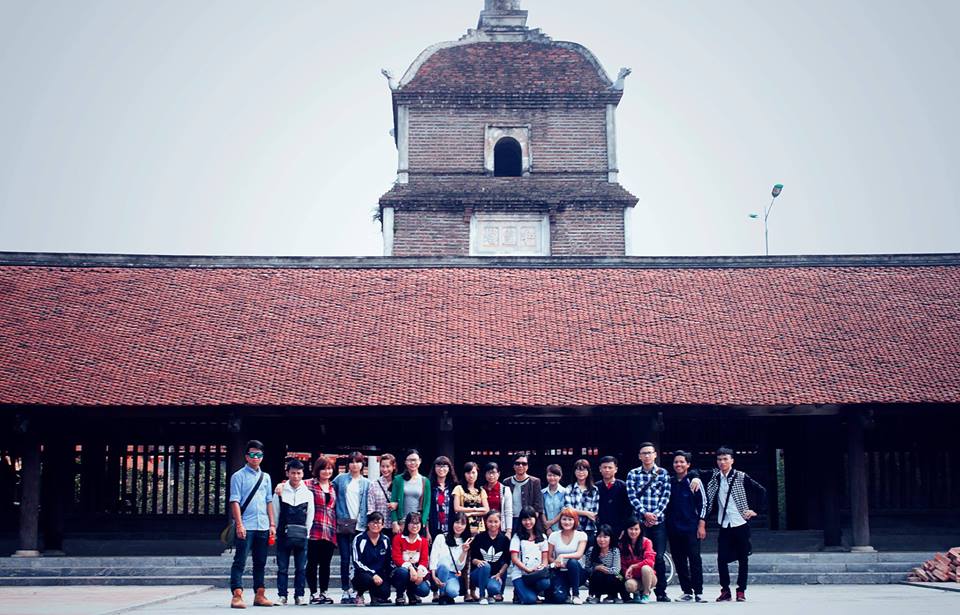
Cultural Studies itself is a highly interdisciplinary and comprehensive science, so students majoring in Cultural Studies can simultaneously pursue double degrees in other fields within the University of Social Sciences and Humanities such as History, Literature, Journalism, Tourism, Linguistics, International Studies, Oriental Studies… or in other fields outside the University of Hanoi such as Economics, Education, Law, Foreign Languages…
In the development of the field of Cultural Studies, in 2014, the University of Social Sciences and Humanities began offering a Master's program in Vietnamese Cultural History; in 2018, it added a Master's program in Cultural Management. The Bachelor's program in Cultural Studies was introduced in the 2020-2021 academic year, not only meeting the comprehensive development needs of the field but also serving as a foundation for completing all levels of continuous education from Bachelor's to Master's and Doctoral degrees in Cultural Studies at the University of Social Sciences and Humanities, Vietnam National University, Hanoi.
|
Job opportunities in many fields. In a recent survey on the demand for human resources graduates in Cultural Studies conducted by USSH on 150 employers, alumni, and students, the majority indicated that the knowledge and skills of Cultural Studies are suitable for a range of important professions that Vietnam currently needs. Among them,93%The respondents believe that students pursuing this degree have excellent job opportunities in related fields such as cultural management, museums, heritage preservation, heritage space development, and the arts.92%They believe that the press and media can recruit personnel in this field. Furthermore...85%It is believed that the tourism, hospitality, and education sectors have a high demand for people with in-depth cultural knowledge, and approximately 65-70% indicated that high-quality human resources related to cultural studies are suitable for many positions in state administration, foreign affairs, and leadership. |
|
Author:Dr. Nguyen Hoai Phuong
Newer news
Older news